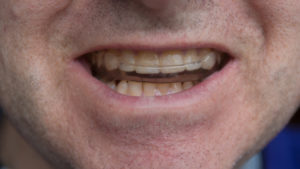Does Quarantine Have You Stressed Out? Try These Strategies for Managing Jaw Pain
 Many people are experiencing a higher than average level of stress these days. Whether you’ve had a huge uptick in your work schedule and are crazy busy, or on the opposite end of the spectrum, you’ve been furloughed and are worrying about loss of income, you are stressed out. The kids are home ALL. THE. TIME. You have to work in a completely new format. There are plenty of things to cause stress right now.
Many people are experiencing a higher than average level of stress these days. Whether you’ve had a huge uptick in your work schedule and are crazy busy, or on the opposite end of the spectrum, you’ve been furloughed and are worrying about loss of income, you are stressed out. The kids are home ALL. THE. TIME. You have to work in a completely new format. There are plenty of things to cause stress right now.
Stress can manifest itself in our physical bodies in many different ways. One of the most common symptoms of stress is increased muscle tension. Some feel it as shoulder pain or neck strain. Others notice a “tight” sensation in the muscles of the face, and some have consistent headaches.
Stress commonly leads to bruxism, which is just our fancy word for teeth clenching and/or grinding. (See why we prefer than one little seven-letter word?) If you feel muscle tightness in your cheeks, generalized tooth soreness (where all of your teeth kind of hurt), or headaches especially in the temples, you are probably clenching or grinding your teeth.
Daytime vs. Nighttime Bruxism
People who have stress often clench or grind the teeth at all times. Some people only do it during sleep. During times of stress, the likelihood of daytime grinding and/or clenching increases. This is good because during the day, when you are awake, you can actually do something about this habit.
Relieving the Pain of Bruxism
If you are already experiencing facial muscle pain and/or headaches from excess tension, try a few of these tactics.
Self Facial Massage
By gently massaging the muscles in your cheeks and temples with your fingers in a circular motion, you can reduce the tension and relax these tight muscles. While you massage, make sure your jaw is slightly open to a comfortable position. Definitely do not bite your teeth together and squeeze while massaging.
Jaw Stretching Exercises
With gentle stretching motions that open the jaw, you are causing the muscles to do the opposite action from clenching. The simplest way to do this is to place to fingers between your upper and lower front teeth. Then gently spread the fingers apart to passively open your mouth. Don’t force anything, and stop if anything hurts.
Ice Packs
A cold compress or ice packs can quickly soothe the pain of a headache. Lie down and close your eyes before placing an ice pack across your forehead. It is best if you have a shape that will drape over onto your temples. You can also place the ice pack over the jaw joint (TMJ) just in front of the ear if you have pain there.
Over-the-Counter Pain Relievers
Ibuprofen, which is the generic name for Advil or Motrin, works well for inflammatory type pain. You can take it as directed on the bottle if you are certain that you have no risk of infection with COVID-19. If you experience no relief whatsoever from this type of pain reliever, let Dr. Ann know. When an anti-inflammatory medication doesn’t help relieve the problem, that helps us diagnose the problem (and rule out inflammation as a potential cause of the pain).
Daytime Strategies to Reduce Bruxism
Breaking any sort of habit is difficult. It takes conscious thought, effort and diligence. People who clench during the day may find themselves squeezing with heavy force on the teeth while driving, working, doing chores, exercising, etc…. Usually your mind is on something else while you clench your teeth. That’s why it takes a conscious effort to stop the process.
Consistency is key. You need a consistent reminder (and one that you won’t blow off once you get used to it) to assess the state of your teeth and jaws. Whether it is an alarm on your smartphone or a sticky note on something you walk past frequently, set up a reminder. When it occurs, do these three things:
- Swallow.
- Open slightly and place your tongue between your upper and lower teeth.
- Take five slow breaths in and out through your nose.
You’ll be surprised at how often you are clenching your teeth together throughout the day. By interrupting the habit, you force the muscles to release their tension and train them to stop flexing.
Some research suggests that taking measures to stop daytime clenching or grinding can help reduce the forces during sleep. If the habit continues at night, you will need our help.
Nighttime Strategies to Reduce Bruxism
You know what you can do to stop clenching while you are asleep? Nothing. You’re asleep. But you can protect your teeth, relax your muscles, and relieve pressure on the jaw joints by wearing a professional nightguard.
 If you find yourself waking up with tight facial muscles, headaches, or sore teeth, you need a nightguard. In most cases, over-the-counter ones won’t cut it. The reason why is that, in order to be sold over-the-counter, they have to be a generic fit and relatively soft material that is moldable to anyone’s teeth. This “squishiness” can actually increase muscle tension. Just like a stress ball that invites you to squeeze it as hard as you can, putting something soft and squishy between your teeth might actually increase muscle activity.
If you find yourself waking up with tight facial muscles, headaches, or sore teeth, you need a nightguard. In most cases, over-the-counter ones won’t cut it. The reason why is that, in order to be sold over-the-counter, they have to be a generic fit and relatively soft material that is moldable to anyone’s teeth. This “squishiness” can actually increase muscle tension. Just like a stress ball that invites you to squeeze it as hard as you can, putting something soft and squishy between your teeth might actually increase muscle activity.
Serious clenchers need serious nightguards. At Designer Smiles, we will make you a custom-fitted hard acrylic nightguard that will alleviate the symptoms of bruxism and protect you from this nighttime habit that you cannot control.
More Questions about Jaw Pain?
Call Designer Smiles today to schedule a consultation with Dr. Ann and Dr. Lauren. We can assess your situation and prescribe the correct treatment for your specific needs.
